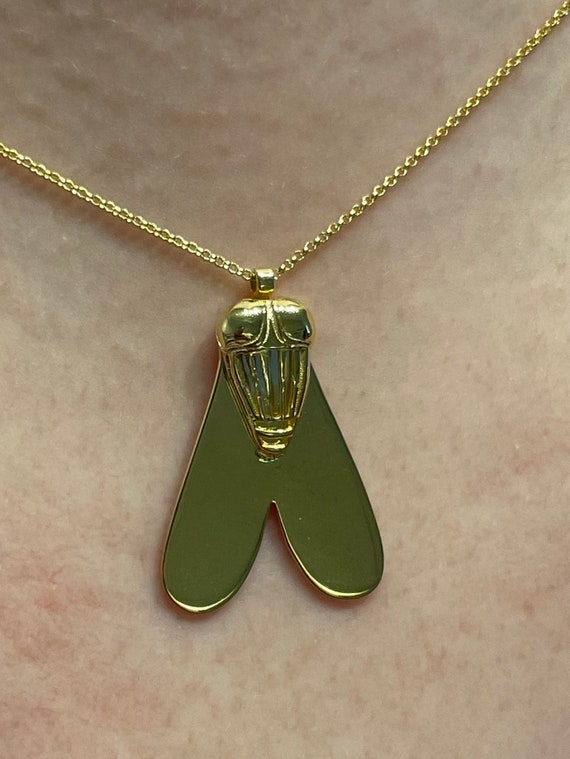Severed hands unearthed at ancient Egyptian site may have been battle trophies
Pharaohs may have given golden rewards for enemy appendages
5 APR 202311:55 AM BY ANDREW CURRY
In 2011, archaeologists excavating a site in northern Egypt known as Tell el-Dab’a came across a grisly scene. As they probed a series of pits outside the city’s palace walls, 12 skeletal hands reached back at them.
The dismembered hands, researchers reported last week in Scientific Reports, are likely a cache of battlefield trophies—prizes lopped from enemies’ bodies and exchanged for gold in a ritual known as the “gold of honor.” Egyptian texts and wall carvings describe the custom, the researchers note, but these hands represent the first physical evidence of it.
“It’s very nice evidence,” says Isabelle Crevecoeur, a physical anthropologist at CNRS, the French national research agency, who was not involved with the study. “From the biological and anthropological evidence, there’s no doubt it was part of a ritual.”
The hands were dated to 1500 B.C.E., when Tell el-Dab’a was known as Avaris and briefly served as the capital of ancient Egypt. When Manfred Bietak, an archaeologist at the Austrian Academy of Sciences who has led digs at Tell el-Dab’a for decades, first saw the remains, he immediately thought of the trophy-taking ritual. According to ancient accounts, Egyptian warriors presented the hands of slain enemies to the pharaoh, who rewarded them with gold necklaces or golden pendants in the shape of flies.
More:
https://www.science.org/content/article/severed-hands-unearthed-ancient-egyptian-site-may-have-been-battle-trophies

Egyptian replica of ancient "fly of valor"


